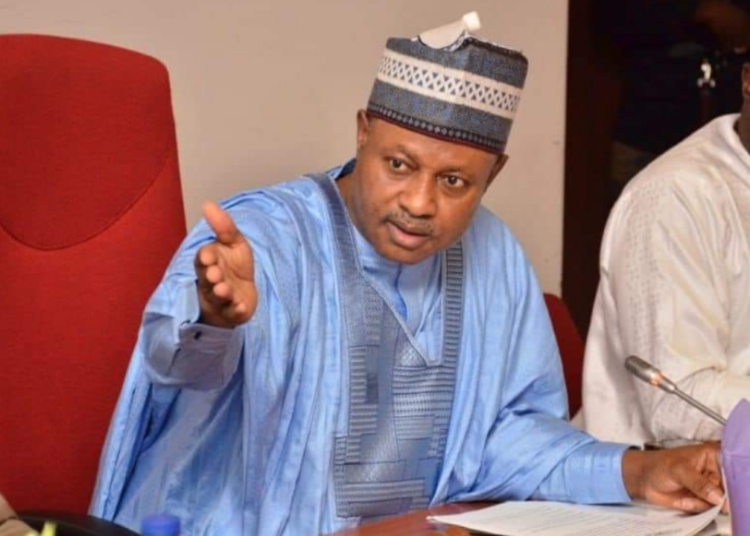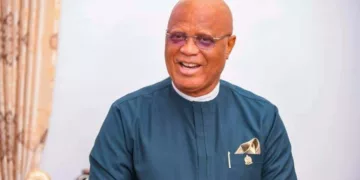Kaduna State governor, Uba Sani, has expressed commitment to the socioeconomic development of the state, enhancing its security, safety and welfare of the people.
The governor said he is doing everything to promote transparency and accountability, as well as promotion of dialogue and conflict resolution and strengthening participatory governance to create a conducive environment for progress and unity of the state and Nigeria at large.
Uba Sani spoke at a one-day conference in Kaduna, which was organised by AHLUL-BAYT Nigeria on the post-election scenario in Nigeria with the theme: “Beyond the ballot – Assessing Nigeria’s Post-election Landscape.”
Represented by the commissioner for housing and urban development, Hon Aminu Shagali, the governor said he had no doubt that “we all appreciate the fact that before the Nigeria’s 2023 general election, the political landscape in the polity was characterized by a tense and highly competitive environment with multiple key players and political parties vying for power, each with their own agenda and support base.
“The political climate was marked by intense campaigning, rallies, and debates, as candidates sought to gain the trust and support of the electorate. The pre-election period was a crucial time for political parties and candidates to solidify their positions and strategies in order to garner voter support. At the end of the processes, elections were successfully conducted which led to the emergence of the current leaders including the one I am currently representing.
“Post-election landscape in Nigeria reflects the outcome and aftermath of the election. It involves critical issues that revolve around election results; political transition; political and electoral grievances, perceptions of bias; stability and security issues; and changes in socio-political dynamics among others,” the governor stated.
Earlier, the chairman of the occasion and Kaduna State Christian Association of Nigeria (CAN) chairman Rev. John Joseph Hayab, who spoke on correcting a battered election in Nigeria, said, “Correcting a battered election in Nigeria can be a complex and challenging process, but there are several steps that can be taken to improve the integrity and fairness of future elections”.
Some of the steps he suggested included strengthening electoral institutions, enhancing the independence and capacity of institutions like the Independent National Electoral Commission (INEC), enhancing transparency and accountability, combatting voter intimidation and violence, promoting civic education and voter awareness, strengthening of the legal framework and law enforcement, technology and innovation and international support and collaboration.
Also, the chairman of the AHLUL-BAYT Nigeria, Kaduna State chapter, Alhaji Isah Muhammad Isah, said, the “post-election scenario demands our conscientious engagement, transcending the boundaries of the ballot box which necessitates commitment to dialogue, cooperation and constructive action regardless of political affiliations or religious beliefs.











